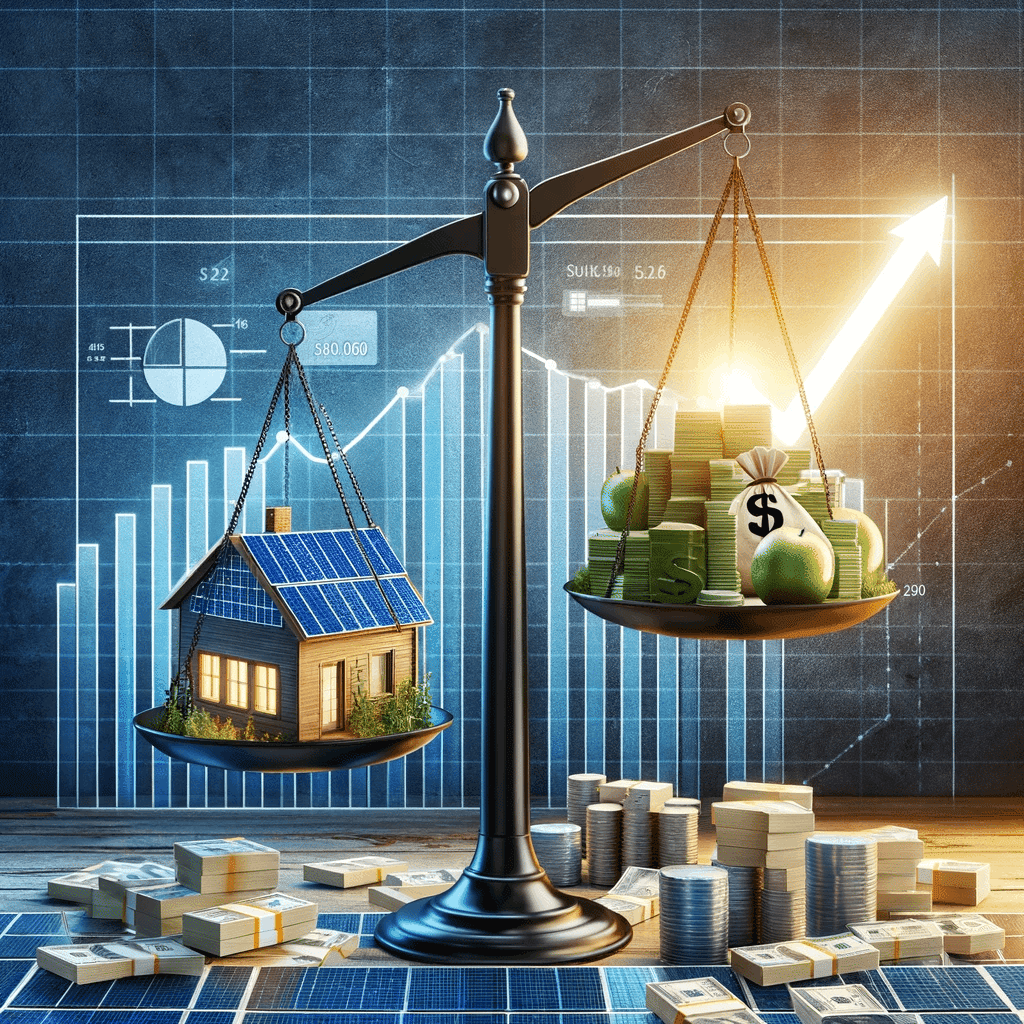Introduction
In the rapidly evolving world of renewable energy, solar power stands out for its potential to offer both environmental and economic benefits. This blog post delves into the economics of solar energy, conducting a cost-benefit analysis to help homeowners and businesses understand the financial implications and advantages of switching to solar.
Understanding the Costs
The initial cost of solar energy installation is often the primary consideration for potential adopters. This includes the cost of solar panels, inverters, batteries (if opting for off-grid systems), installation, and any additional equipment. While these costs can be significant, they have been steadily decreasing over the years due to technological advancements and increased market competition.
Government Incentives and Rebates
Many governments worldwide offer incentives to encourage the adoption of solar energy. These can include tax credits, rebates, and grants, which can substantially lower the initial investment cost and improve the economic feasibility of solar installations.
Long-Term Savings
One of the most compelling economic benefits of solar energy is the potential for long-term savings on energy bills. By generating your own electricity, you reduce your dependence on grid-supplied power, protecting yourself from rising energy costs. Additionally, in some regions, net metering policies allow you to sell excess energy back to the grid, further enhancing savings.
Increased Property Value
Studies have shown that homes with solar energy systems often have higher property values and sell faster than non-solar homes. Solar installations are increasingly viewed as upgrades, much like a renovated kitchen or a finished basement.
Environmental Cost Savings
While not a direct financial benefit, the environmental impact of solar energy contributes to broader economic cost savings. By reducing greenhouse gas emissions and dependency on fossil fuels, solar power helps mitigate climate change and its associated economic impacts.
Break-even Point and Return on Investment
A critical aspect of the economic analysis of solar power is calculating the break-even point – the moment when the savings on energy bills exceed the initial investment. This varies based on energy usage, system size, local energy costs, and available incentives.
Conclusion
The economic case for solar energy is strong, with potential benefits outweighing the costs for many individuals and businesses. By offering long-term savings, increased property value, and environmental benefits, solar energy represents a sound investment in a sustainable future.
For a personalized cost-benefit analysis and to learn more about solar energy economics, visit www.GoSolarGlobal.com.


